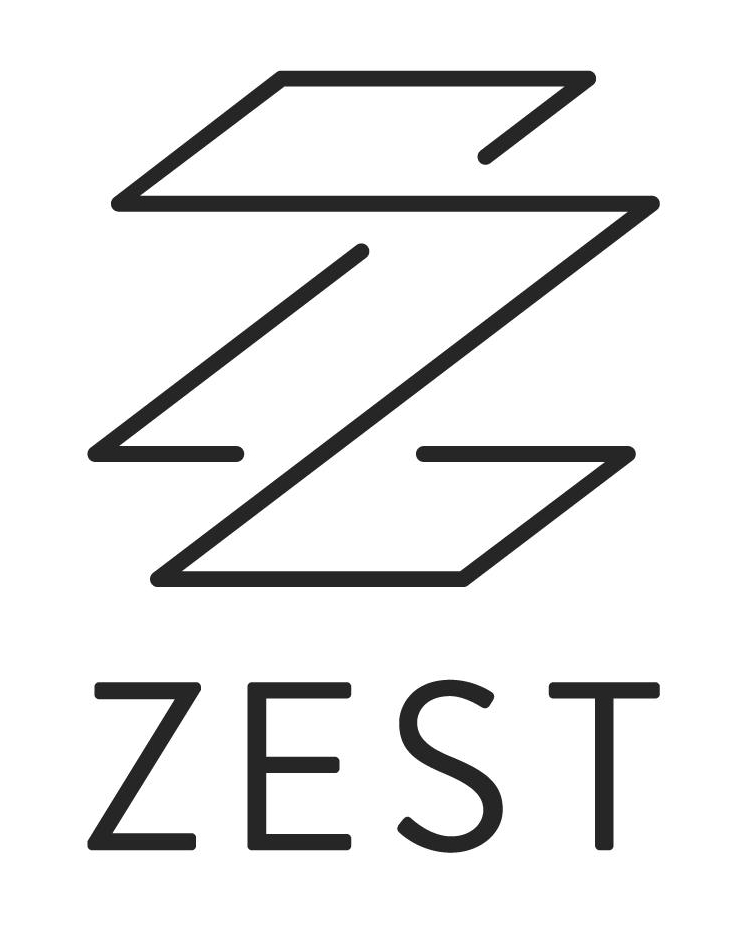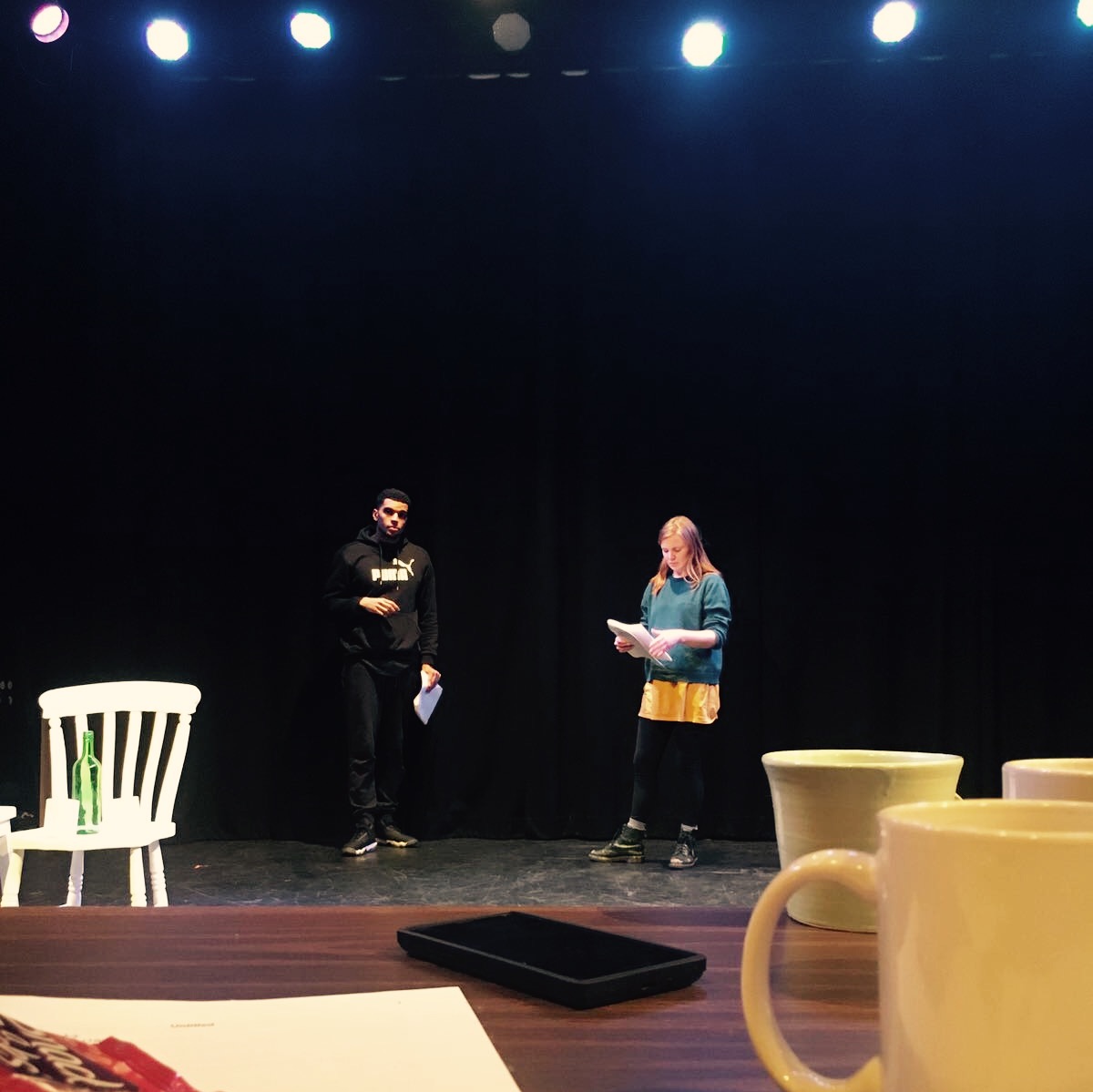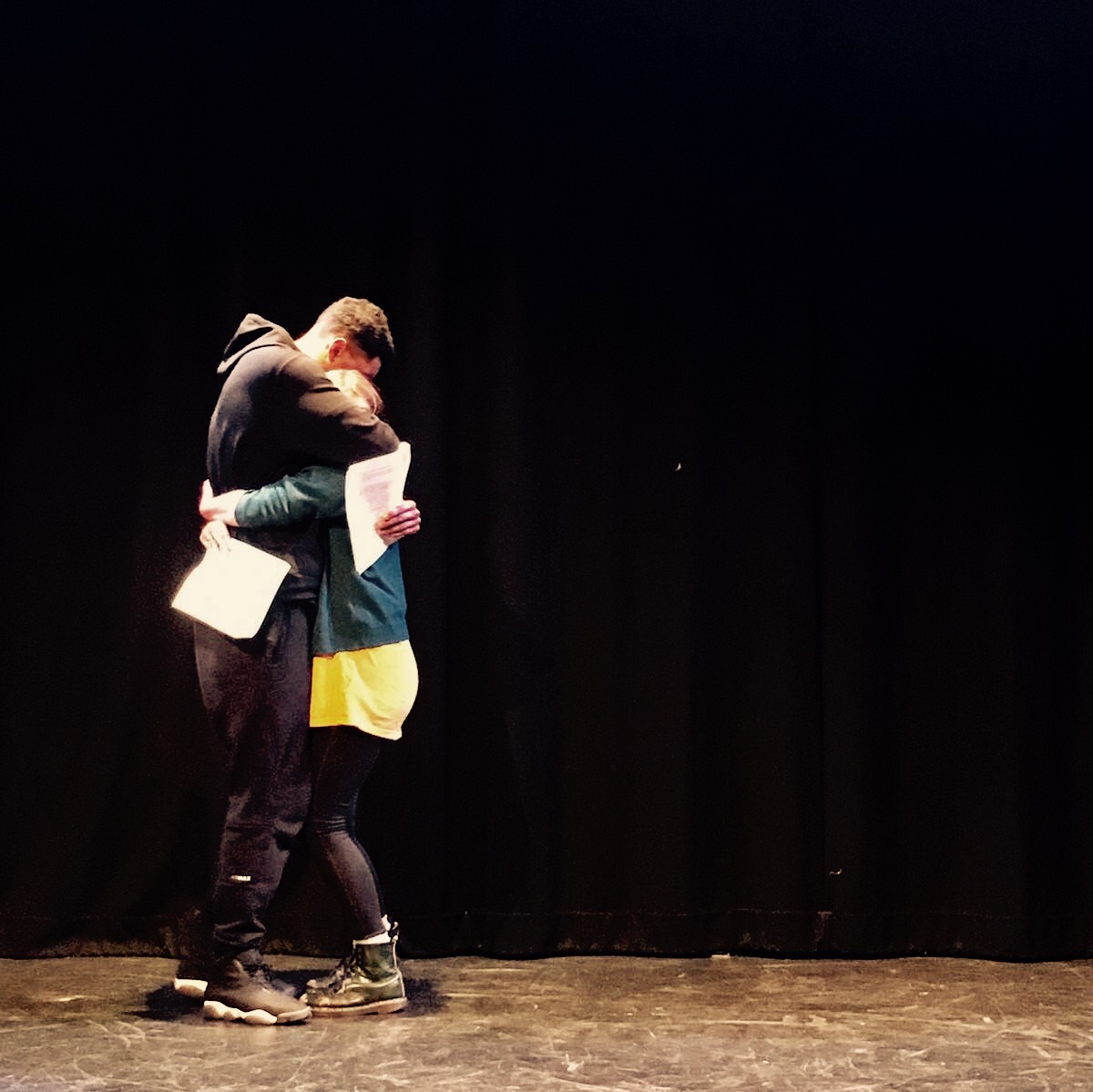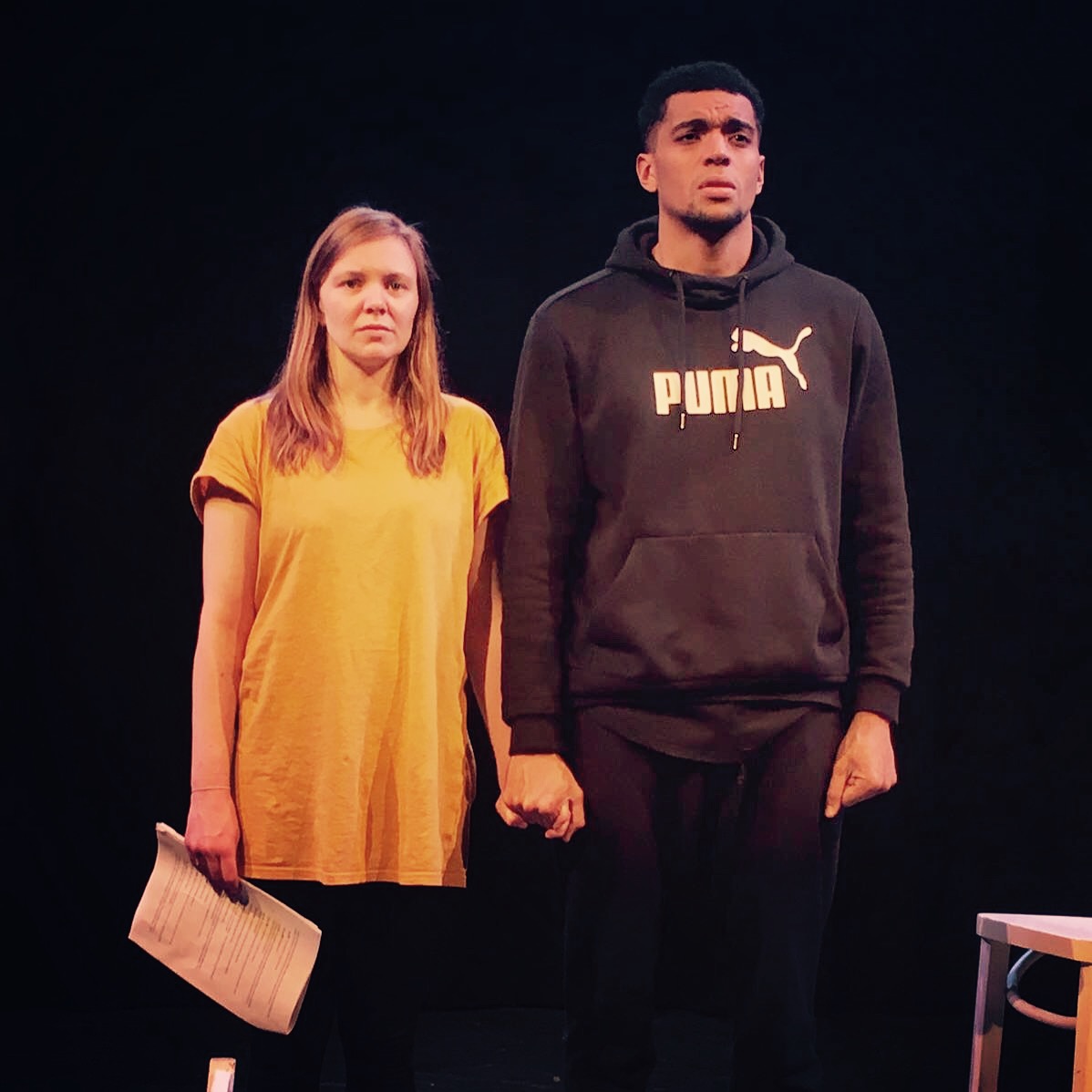Understanding Difference - a look back on the R&D for Zest's 2017 production
/The impetus to make our new (and as yet untitled) show came on the day of the Brexit result. We then began R&D the same week as the US election and completed the initial process at the exact moment of Trump's Inauguration. A crazy time of change and uncertainty for the world. As we come to the end of the Research and Development period, Actor, Laura Hopwood, looks back on the process.
I come from the most remote city of its size in the world
My hometown of Perth Western Australia has a population of 1.8 million and is surrounded by miles of desert on the one side and miles of ocean on the other. Australia is a very big country (the whole of the UK fits into my state 13 times) but the population is comparatively small, with the UK having nearly three times as many people. Living in Britain, it could be hard to imagine growing up in a country like Australia. If all you know of Australia is what you’ve seen on Neighbours or I’m a Celebrity Get Me Out of Here! you would probably think that everyone knows each other and the bush will eventually kill you.
And this is what I got asked about a lot when I first came to London.
At first it was hilarious, how little people knew about my country. But over time you realise people make judgements about you based on where you’re from before getting to know you. This is the experience of many people who live in the UK, who were born elsewhere in the world, and sadly for some, the questions (and the judgements) are far worse than “do you have a pet kangaroo?”
A play about difference
We are all different from each other, and humans have come to understand themselves based on how they are different from someone else. Your hair is light, mine is dark. Your eyes are brown, mine are green. Understanding difference is fundamental to our experience of understanding ourselves. Difference is also political, and this is where we found ourselves, on a journey to make a show that sought to unite, empower and challenge.
In our first week of R&D, Donald Trump was elected president. This election, like the Brexit referendum, showed a nation divided nearly perfectly in half. In both cases immigration and border control were heavily debated and those who hang in the balance became political pawns to win votes rather than real people. If you have never met someone who will be affected by a decision like leaving the EU, or electing a president like Trump, it can be hard to identify with their fears.
These complex and divisive topics were what we brought to the young people at Horizon Community College in Barnsley, the first young people we met in our process. I was especially excited to hear responses about these issues from such a multicultural group in a city other than London, young people who could have felt the effect of the Brexit vote very personally. Being at the very beginning of our research process, we were armed with big questions on the hunt for some big solutions. With fear and division defining the public discourse, we were hungry for some hope.
A cloud descended
I saw in these discussions, and many others through out the process, how hard politics is to navigate as a young person in the modern world. News is instant and every opposing voice can be heard, and so trying to find clarity can be near impossible. Polarisation in the media, public debate being reduced to name calling, our leaders just following orders, all these different arguments beginning to merge and collide and it all just becomes very confusing. These big issues, though definitely relevant to young people, are so entangled with slogans and party lines that young people struggle to separate their opinions from the rhetoric of the daily news.
This question of national identity kept coming up in our process, for the young people in the workshops, and for us to unpack in the rehearsal room. I found it incredibly enjoyable to visit the different towns and become immersed in the different cultures you find around the country. Defining ‘Britishness’ was a constant exploration during the process and I acted as a kind of litmus test for both the young people and the team, asking the fish to describe how it’s wet. One of the most fascinating instances of this unpacking was in the stark contrast between the young people we met in Tower Hamlets, one of the most ethnically diverse boroughs in London, and the young people we met the very next day in Boston, Lincolnshire. Both groups experience personal and political challenges, both gave us brave, open and bold responses, however their expressions of their own Britishness could not have been more different. In Tower Hamlets its was about feelings, heart and experiences; for Boston it was more factual and more about where you were actually born.
Bringing together all these disparate voices, whilst making a bid for unity, was a challenge.
On the last day of the R&D we had rehearsed reading of our work so far at the Half Moon Theatre, with some of the audience being young people we had met there previously. As part of this showing we presented the voices of young people we’d met from across the country; these were very different to those in our Half Moon audience. Some of those opinions were confusing, uncomfortable and sometimes even offensive. But we did this because these voices are out there: young people of their age, in their country. Part of Zest’s aims in developing this show is to really get under the surface of these opinions to discover why people feel like they do.
It has become so easy to block out opinions that are contrary to ours with a simple ‘Unfollow’. But we wanted to offer a different option. We wanted to dive into the murky waters of a scared and confused nation. We wanted to push into the grey area between ‘right’ and ‘wrong’. We wanted to make a play that encourages difficult and uncomfortable dialogue, because it might just be what moves this country towards truly being a culture that understands difference.








